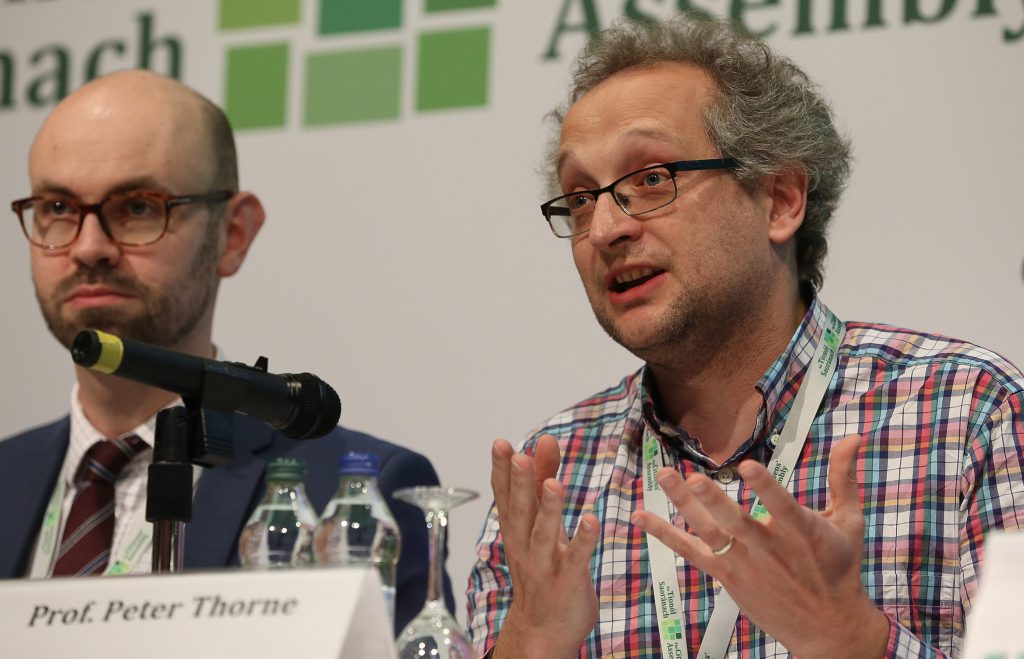Existing fossil fuel infrastructure enough to surpass 1.5-degree threshold

July 10th, 2019
Global fossil fuel infrastructure currently in place will push temperatures above the 1.5 degrees Paris Agreement target, recent research has found.
In a paper published in Nature this week, scientists found that if existing energy infrastructure continues to operate as it has in the past, global carbon dioxide emissions will rise to over 650 billion tonnes.
Such a figure exceeds the carbon budget outlined by the Intergovernmental Panel on Climate Change (IPPC) by 78 billion tonnes. The maximum limit of carbon emitted was set by the body in order to maintain a chance of preventing pre-industrial warming levels of surpassing 1.5 degrees.
The authors also found that if power facilities already granted planning permission or currently under construction begin to operate, they would produce almost 200 billion tonnes of carbon dioxide. The majority of these stations are in India, China, and other developing economies.
The study was published the same week that the Government refused to grant a money message to allow the stalled Climate Emergency Measures Bill to progress in the Dail. The Bill, which the Dail has twice voted to progress to Third Stage, would end the issuing of new licences to explore for oil and gas in Irish waters.
The study also found that if a 1.5 target is to be met, some existing infrastructure will need to be rendered inactive earlier than anticipated, or retrofitted with carbon capture technology.

Director of the Irish Climate Analysis and Research Units (ICARUS) Professor Peter Thorne said in response to the report that a carbon budget isn’t like a monetary bank account and that we “can’t spend the full amount with impunity without fear of going into overdraft”.
“Issues include how we account for the evolution of non-carbon dioxide greenhouse gases. In particular, if we don’t aggressively reduce methane emissions it becomes nigh on impossible to stay below 1.5 degrees,” Prof Thorne told The Green News.
He also raised the issue of whether we are currently sitting at 0.9, 1, or 1.2 degrees of warming already. “How pre-industrial is defined is an issue as is whether we use sea surface temperatures or air temperatures and modern biases in the record,” he said.
“But ultimately, I think it is somewhat moot and angels dancing on the head of a pin territory. We know the climate is changing and that the change is due to us. We know how to reduce our impact. We should do so,” he stressed.
“There is no safe operating space here. It’s not like going from where we are today to 1.5 degrees effects no additional change. It will,” he continued.
Reducing collective environmental impacts and keeping warming to the lowest level possible should be our course of action, according to Prof Thorne.
“That absolutely means retiring fossil-fuel infrastructure prior to expected retirement and rapidly adopting low-carbon/no-carbon technologies,” he added.
[x_author title=”About the Author”]







